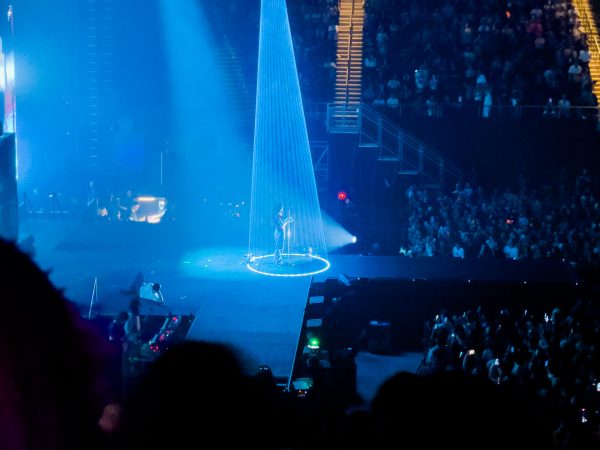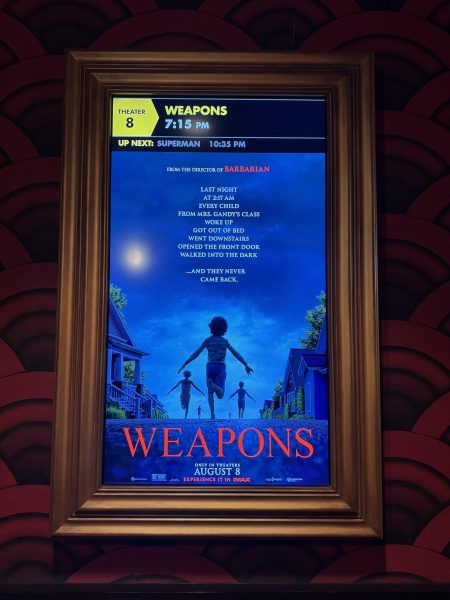Ray lamontagne
First you hear it; the sultry savory baritone rasp of none other than Ray LaMontagne.
March 4 was like any other day when it passed without notice, but unknown to most of the public, the seasoned veteran Ray LaMontagne released a beautifully comprehensive piece of music into the world while making a very small stir in the media.
The term “ouroboros” refers to the ancient Greek symbol of a snake eating itself forming a circle, which could symbolize the all-encompassing nature of his work where each song steadily becomes the other through eased transitions, with one exception between the first two songs of the second half.
LaMontagne divides his work into two halves, sounding similar at first listen, but in actuality the difference quickly becomes apparent. The album in its entirety is slow, dark and brooding, but the first part definitely has more of a rock and roll feel while the latter half loses the edge for piano chords, bass and slower harmonies that fade into the background.
The album separates between “While It Still Beats,” where Ray sings powerfully in his upper register for an extended time and a choir’s hums appear towards the end, and “In My Own Way.” LaMontagne starts to sing in a much more relaxed and soothing manner that makes the music sound like it’s floating and the style reminds me of Sufjan Stevens’s “Carrie and Lowell.”
The lead single “Hey, No Pressure” has an indie rock instrumental reminiscent of the Arctic Monkeys band, but LaMontagne in no way is copying an image. “Ouroboros” maintains his individuality, although it does have a more psychedelic sound than his previous 2014 album “Supernova”.
Anyone who is in dire need of some relaxation should listen to “Ouroboros,” because between synthesizers, the hummed background harmonies, LaMontagne’s lead guitar, and his actual voice, there is no way that this album is not a panacea for high blood pressure.
Sometimes, you forget that someone was singing amidst the peaceful instrumentations, and when he starts to sing sometimes it acts like a pull back into reality because one can definitely get lost while listening to this adventure into a simpler, more peaceful alternate universe. LaMontagne ensures that no one will want to leave his world after experiencing it for the first time.
LaMontagne ends by acknowledging mainstream music’s lack of his genre of music by singing “You’re never gonna hear this song on the radio, but wouldn’t it make a lovely photograph,” and he is true in saying that. I think current radio couldn’t handle something as grand as this, so maybe that’s a good thing.





